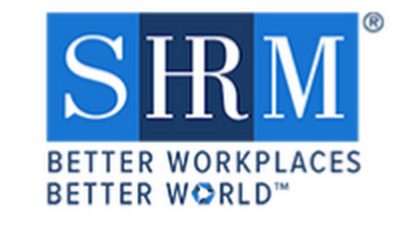‘Unified resolution’ on CW issue in the works
Chamber, HANMI, SHRM drafting document
The Saipan Chamber of Commerce board has met with the leaderships of the Society of Human Resource Management and Hotel Association of the Northern Mariana Islands on the issue of the current contract worker crisis and is working to draft “a united resolution” on the issue, said Chamber president Velma Palacios.
“While we collaborate to outline the specifics of this document, we wish to state that the Chamber supports a process that will review CW-1 applications so that they are fair and equitable and so that they enhance the economic benefit of the CNMI,” Palacios wrote in the Chamber’s June newsletter. She added that the Chamber supports the law that requires the transitioning of currently qualified CW permit holders to other visa categories, and supports the hiring of U.S. citizens.
The Chamber, SHRM, and HANMI are set to meet with Gov. Ralph DLG Torres and Delegate Gregorio Kilili C. Sablan (Ind-MP) today on the issue.
At the same time, the Chamber announces they are holding a Labor Visa Symposium on June 7, intended to highlight experts in the field and their efforts to help businesses explore the options available for their workforce.
“We encourage our members to make new applications for visas other than the CW-1 program,” Palacios said.
Before the business crowd at their general membership meeting, Palacios assured they are working on the issue and continue to seek information.
“…We know that with all this development we still lack the required capacity, the required resources for our economy, and if we lose all our workers, it will be devastating to our economy,” she said.
Palacios, in the newsletter, said that the cap on the processing of CW-1 applications and the 10-day period to depart the CNMI are factors that greatly impact the ability to do business in the CNMI.
An immediate solution to these employment issues is essential to prevent the shutdown of business, she said.
The Consolidated Natural Resources Act of 2008 was passed when the CNMI economy was still downswing, Palacios added, noting that new developments in process are substantial in size and will require a considerable number of new employees.
The demand for workers is no longer declining, but is growing at a rapid pace, and even with efforts to hire U.S. citizen workers, the increases in development will increase the need for foreign workers, she said.




























